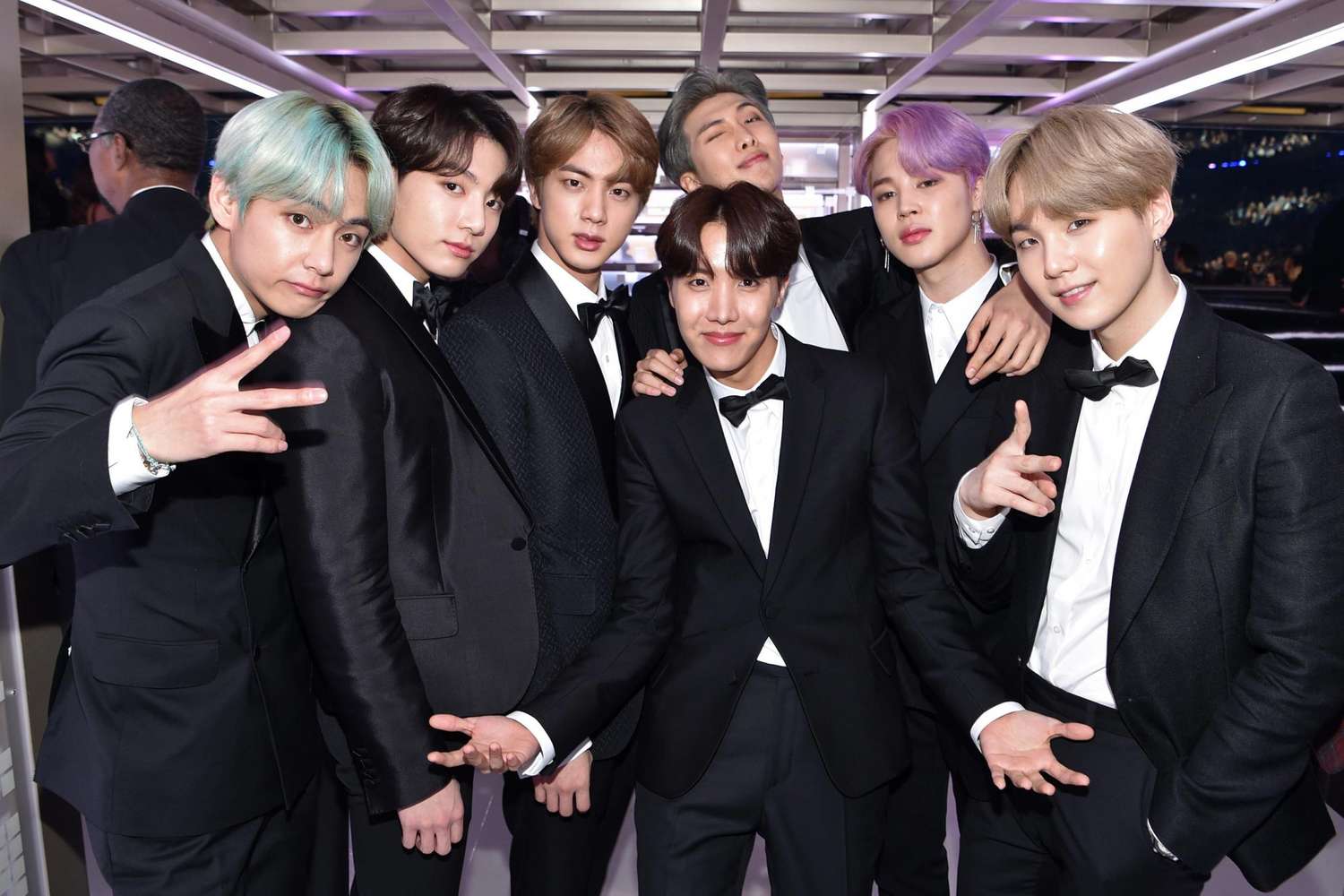The Behind the Scenes of BTS’ Success
January 13, 2023

K-pop. Whether you know it or not, Korean Pop music, South Korea’s mainstream form of music, has definitely infiltrated your playlist in one way or another. Today’s style of k-pop music was formed in the 1990s, having been heavily influenced by American pop culture. Over the last decade, K-pop boomed, easily breaking music records around the globe. However, one group, in particular, is credited for catalyzing the growth of K-pop in the modern music industry. That group is BTS.
Bangtan Sonyeondan, better known as BTS, is a seven-man South Korean boy group with over 90 million fans worldwide. Their name, Bangtan Sonyeodan, which translates to ‘Bulletproof Boy Scouts’ in Korean, was meant to urge young people to deflect stereotypes and societal expectations and pursue their dreams and aspirations instead.
When they first debuted in 2013, it wasn’t clear that they would grow into the superstars they are now. Their first single only reached number 84 on South Korea’s music charts, which at the time was dominated by bands formed by well-established music companies.
:format(webp)/cdn.vox-cdn.com/uploads/chorus_image/image/62427522/GettyImages_876461046.0.jpg)
So what helped BTS rise to success? Michelle Cho, a professor of East Asian Studies at the University of Toronto, has said that what makes BTS “quite different” is “their whole concept from their inception was that they were going to be honest purveyors of the experience of the youth” (CNN, 2019). Having been one of the first K-pop groups on Twitter, they could easily socialize with fans and upload short, daily vlogs and live streams on the app, as well as on other social media sites like Youtube. Each member also carried their own personality, making their fans even more attracted to them.

By 2015, they were in the US performing more of their songs, becoming the first K-pop group to win a Billboard Music Award. Although they weren’t the first K-pop group to break records overseas, they were able to leave a pretty big mark wherever they went. BTS not only shared South Korea’s music with others but also introduced many to the language and culture. David Kim, co-founder of DKDKTV, a YouTube channel with nearly 800,000 subscribers that features K-pop, said that he felt “extremely proud,” noting that “if you think of this small country [South Korea] … and this small group [BTS] that doesn’t even speak English, spreading all this Korean culture and topping charts…it’s just unbelievable” (CNN, 2019).
Fast forward to today, BTS is one of the most famous, if not the most famous, group in the world. They’ve performed worldwide, were named one of the most influential groups in 2019, and even spoke at the United Nations. BTS currently holds numerous world records – they currently hold the highest number of Twitter followers for a Korean account (18.3 million), broke the record for the most viewed YouTube video in 24 hours (101.1 million views), and had the longest-charting K-pop song on the Billboard Hot 100 chart (32 weeks), to name a few.
BTS has created a path for new and current K-pop groups to flourish and share their talent with the world. They’ve helped spearhead the Korean wave, introducing South Korean culture to the world and connecting people from different backgrounds and cultures. BTS’s success comes not just from how many followers they’ve gained or albums they’ve sold, but from the messages, they help spread. Joe Biden, President of the United States, applauded BTS for their work. “People care a lot about what [they] say, what [they’re] doing is good for all people…it’s not just about [their] great talent, it’s the message [they’re] communicating. It matters” (Billboard, 2022).